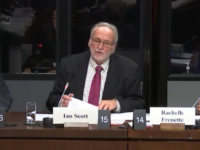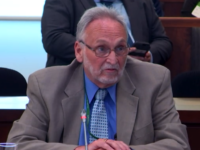The end for Bill C-11 at the Senate is drawing near as this week, Canadian Heritage Minister Pablo Rodriguez is scheduled to make a long awaited appearance followed by clause-by-clause review of the bill. The Senate hearings have been a model for legislative review. They have heard from a myriad of witness, read countless briefs, and immersed themselves in a hard piece of legislation. Regardless of their views, they know the issues around content regulation in the bill are real. The big remaining questions are whether those hearings result in legislative amendments and, if they do, whether the government will accept them.
While the Senate was continuing its hearings last week, I was delighted to travel to Yale University to deliver a talk on the bill and the controversies it has sparked. This week’s Law Bytes podcast is an audio version of that talk, which traces the development of Canadian broadcast policy as applied to the Internet and recounts how a relatively uncontroversial bill when first introduced sparked a firestorm that is still raging.












